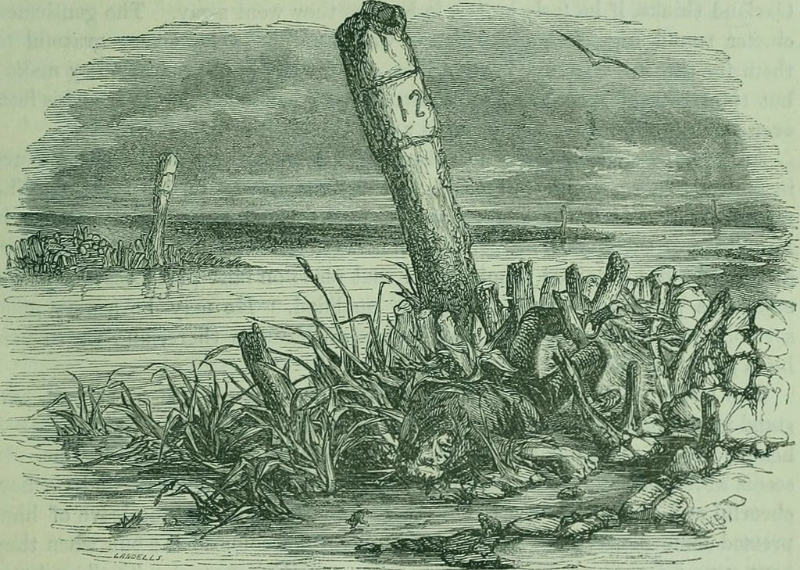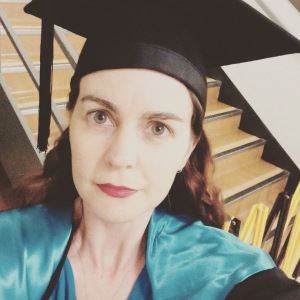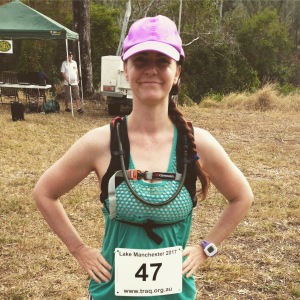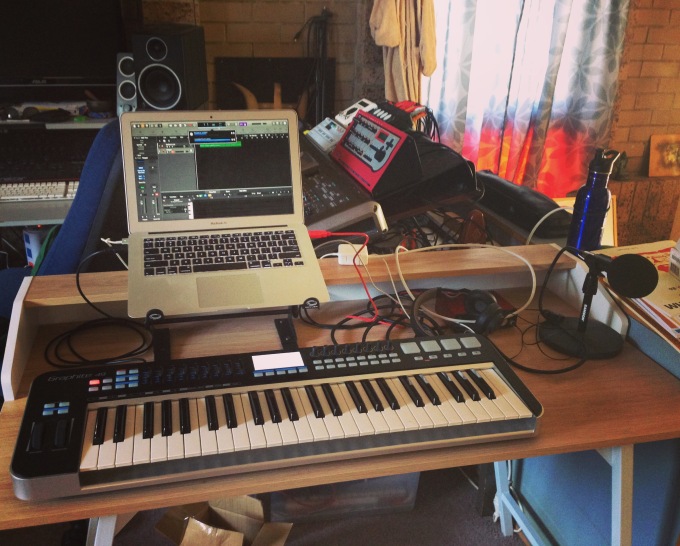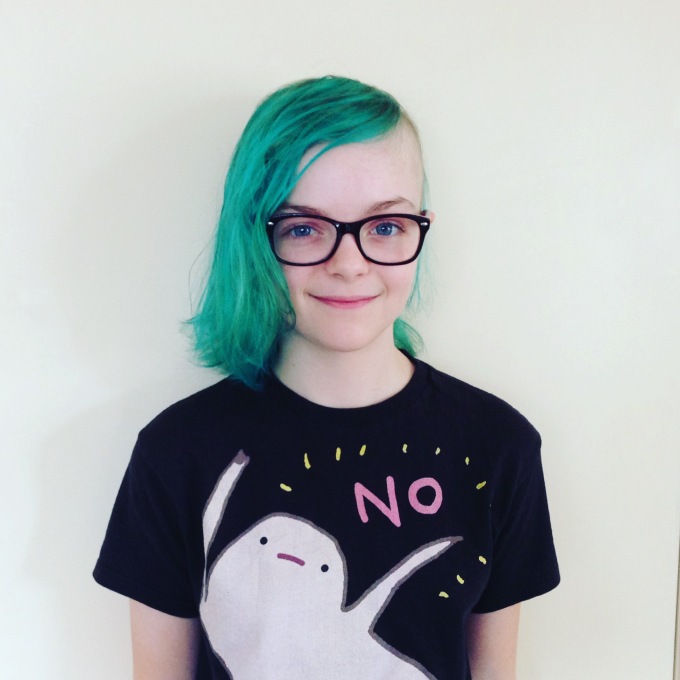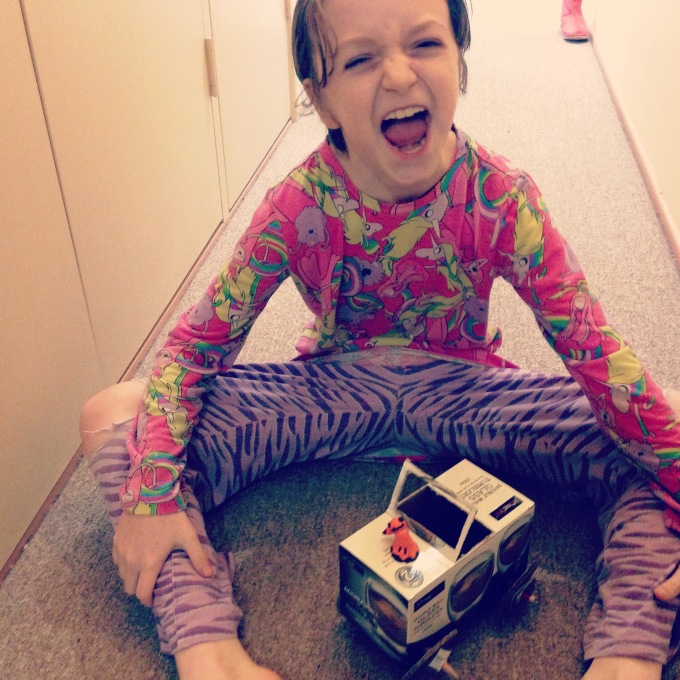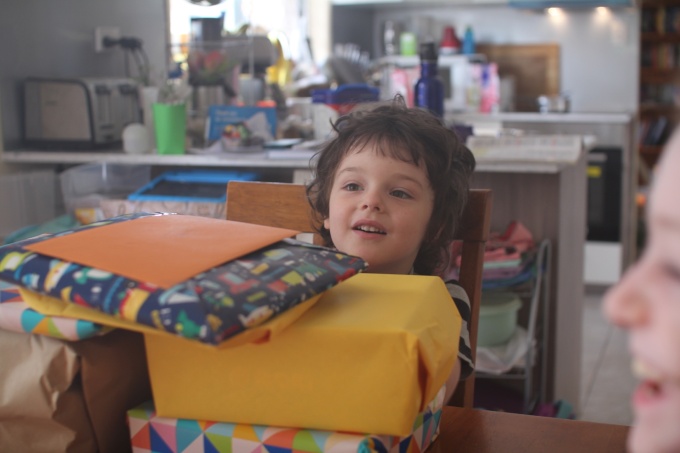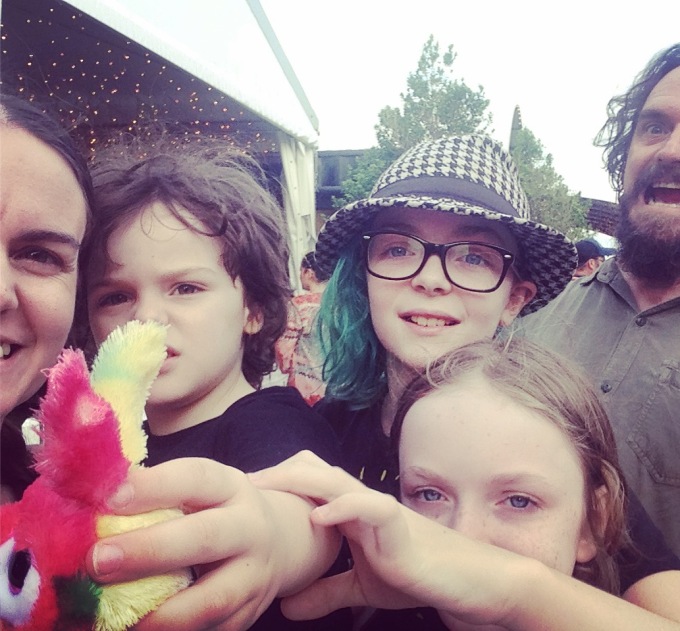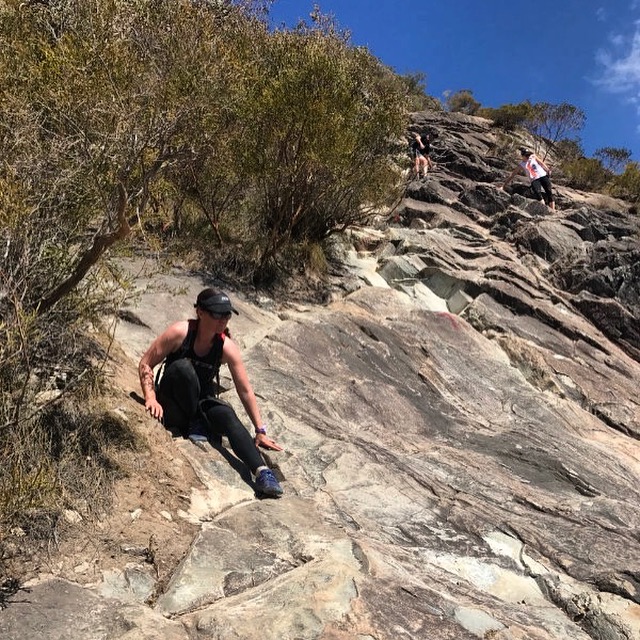So I fell off the reviewing cliff. I couldn’t sustain it, with work and life. Meh. Shit happens. I’m going to do my annual analysis of my reading habits to see if I improved on my diverse readingness (spoiler: not really). I also wanted to share my fave books from 2018.
How many, and what?
I read 62 books in 2018. I’m as shocked as you are. Some of them were graphic novels, true, which are quicker to read. Nice visual below.
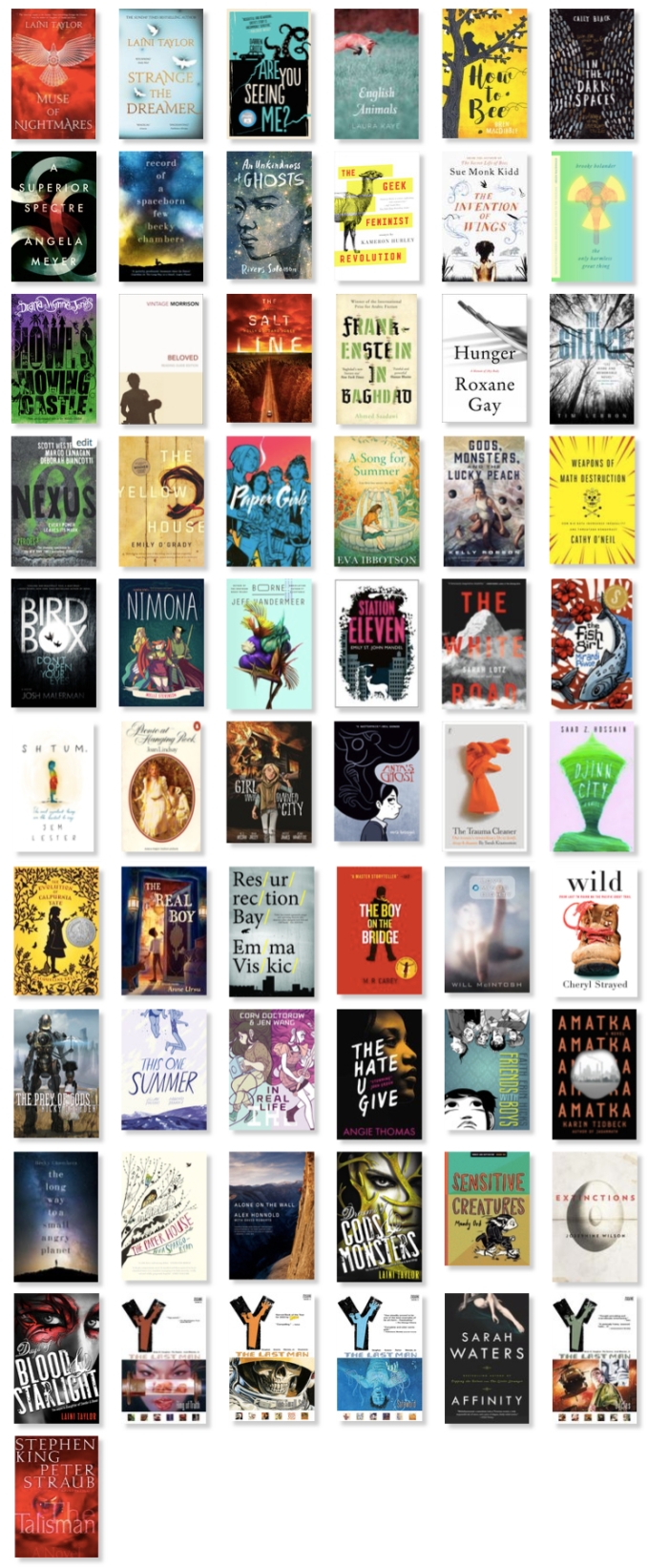
Diversity
Out of the 62 books I read, some were by the same author (sequels, series etc). Some had multiple authors (every author is counted). I have not counted unique authors, rather, the books themselves. For instance, I read 5 graphic novels by Brian K Vaughan and counted each one because it’s about the books I’ve read.
Compared to last year, my gender breakdown is not too different. 66% of the books I read were authored by women (65% last year). 31% were by men (35% last year). Two books were written by gender diverse authors.
Where I really fell down was cultural background. While it’s tricky to guess cultural background where it’s not stated, to the best of my knowledge 85% of the books I read were authored by white writers. 14% by writers of colour, and 1 I really couldn’t be sure so I’ve left that out of my analysis. White women dominated again (55%), with white men at 28%. Women of colour were at 9% and men of colour at 4%. 1 of the gender diverse authors was a person of colour, and the other white.
The reasons for this are varied. All of the repeat authors I read were white. Removing the repeats improves the split but not by much (82:16). Another reason is I often read based on recommendations by friends. I was very keen to read for pleasure this year and I had a vast list of books I wanted to read, and a lot of them were white writers. I had to intentionally (again) seek out books by writers of colour, because I don’t organically stumble across them in the way I do books by white writers. That really highlights the importance of making their stories visible.
Fiction vs Non-fiction
Fiction dominated the landscape of my reading, no surprises there. I read 57 fiction books compared with 5 non-fiction.
Enjoyment
I read far fewer mediocre books this year. The vast majority of books I enjoyed in some way. There were really only a handful I found terrible. Hooray for not being bound by a challenge ;).
Favourites
In no particular order:
Days of Blood and Starlight by Laini Taylor
I loved the first book in this trilogy but this second book was fucking amazing. So unbelievably dark and a great antidote to the sappy romance in the first book ;). I LOVED it.
The Long Way to a Small Angry Planet by Becky Chambers
This was like… coming home to friends and fun. While the story is nothing spectacular I just adored the characters and the optimism.
The Paper House by Anna Spargo-Ryan
This hurt my heart and made me think a lot.
The Hate U Give by Angie Thomas
So powerful!
Station Eleven by Emily St. John Mandel
Gosh I enjoyed this. Intelligent and interesting.
Bird Box by Josh Malerman
I can’t praise this enough. It is brilliant. Read it.
The Salt Line by Holly Goddard Jones
Another one I thoroughly enjoyed. Great story and pacing, excellent setting, etc.
Strange the Dreamer by Laini Taylor
I don’t know what it is about her romances but they suck me in every time. And I am a cynical bastard. Also her writing is amazing.
I also really enjoyed each and every non-fiction I read.
Ok that’s enough from me. 2018 out!

